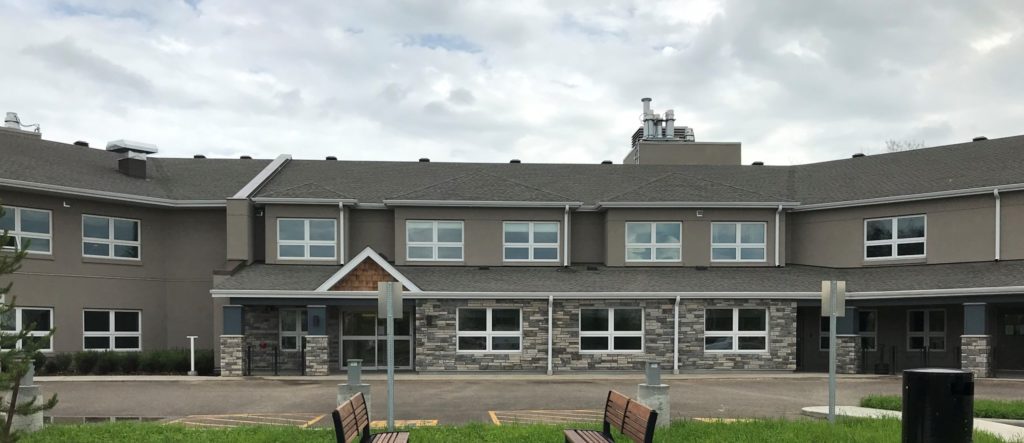Supportive Living For Seniors

Mackenzie House
A facility where services are provided for seniors. These services include having access to meals, housekeeping, laundry, recreation, medication assistance, and personal care as required. The type of care provided, depends on the level of care required.
Mackenzie House is located in High Level across from the hospital. The health care is provided through a contract with Alberta Health Services. The operating budget is funded by Mackenzie County, Town of High Level, and Town of Rainbow Lake.
Mackenzie House provides accommodations for 43 individuals who require assistance with personal care and daily living needs.
Levels of Care
Lodge Residents (SL1)
This group of people live independently, and they can perform all their personal care. They can bathe and feed themselves, but require a little more help with cooking, laundry and housekeeping. These residents can manage their own medications. If they need assistance, they will receive it from Home Care – this may include things such as foot care, making doctor appointments, etc.
Supportive Living 2 (SL2)
These clients typically require minimal health care assistance. All their health needs can be scheduled, such as giving of medication or bathing, or assistance with toileting. All their needs can be met by the Health Care Aides.
Supportive Living 3 (SL3)
These clients require 24-hour Health Care Aides and access to a Licensed Practical Nurse if needed. Their medical conditions are stable but may be complex. They require unscheduled cares such as incontinence or reassurance. They may have mild cognitive impairments and may wander, but not elope. They may require a one person lift for transfers. This group of clients usually has good family support.
Supportive Living 4 (SL4)
These clients required 24-hour care by Health Care Aides and Licensed Practical Nurses with a registered nurse on-call. The clients are characterized as having varying levels of dementia, but their behaviors are considered stable. They may wander, but not at risk for elopement. They may also have complex physical care needs that cannot be met at home or at a lower level of care.
Supportive Living 4D (SL4D)
The ‘D’ stands for dementia. These clients may or may not have any criteria such as set out in the previous lower levels, but they do all have dementia in some form. Their behavior is unpredictable, and they lack awareness of personal boundaries of others. These clients are at risk for harm to themselves or others.
